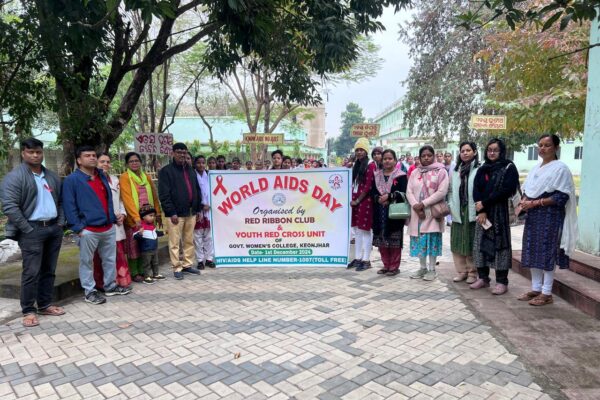Introduction:
In today’s fast-paced world, dietary habits often take a backseat to convenience. While many of us strive to eat healthily, the reality is that our busy lifestyles can lead to less-than-ideal food choices. Unfortunately, some of these convenient options can significantly increase the risk of developing cancer. This blog aims to shed light on common foods that may elevate cancer risk and offer healthier alternatives.
1. Processed Meats:

Why It’s Risky:
Processed meats, including sausages, hot dogs, bacon, and deli meats, are often preserved through smoking, curing, or adding chemical preservatives. These processes can introduce harmful substances such as nitrates and nitrites, which can convert into cancer-causing compounds in the body.
Healthier Alternatives:
Opt for fresh, lean meats like chicken or turkey, or better yet, incorporate more plant-based proteins like beans, lentils, and tofu into your diet.
2. Red Meat:

Why It’s Risky:
High consumption of red meat, such as beef, pork, and lamb, has been linked to colorectal cancer. Cooking these meats at high temperatures (grilling, barbecuing) can produce carcinogenic compounds known as heterocyclic amines (HCAs) and polycyclic aromatic hydrocarbons (PAHs).
Healthier Alternatives:
Limit red meat intake and choose lean cuts. Consider fish, poultry, and plant-based proteins as primary sources of protein.
3. Sugary Drinks and Foods:

Why It’s Risky:
Sugary beverages and foods contribute to obesity, which is a significant risk factor for various cancers, including breast, prostate, and colorectal cancer. High sugar intake can also lead to insulin resistance and chronic inflammation, both of which are linked to cancer development.
Healthier Alternatives:
Choose water, herbal teas, or infused water over sugary drinks. For snacks, pick fruits, nuts, and whole grains instead of sugary treats.
4. Alcohol:

Why It’s Risky:
Alcohol consumption is associated with an increased risk of several cancers, including mouth, throat, esophagus, liver, breast, and colorectal cancer. Alcohol can damage body tissues and interfere with nutrient absorption, promoting carcinogenesis.
Healthier Alternatives:
Limit alcohol intake to moderate levels – up to one drink per day for women and up to two for men. Better yet, consider non-alcoholic beverages like mocktails or sparkling water with a splash of citrus.
5. Refined Carbohydrates and Highly Processed Foods:

Why It’s Risky:
Foods high in refined carbohydrates, such as white bread, pastries, and many processed snacks, can spike blood sugar levels and contribute to obesity and diabetes, both of which are linked to higher cancer risk. These foods often contain unhealthy fats and additives that may further increase cancer risk.
Healthier Alternatives:
Choose whole grains like brown rice, quinoa, and whole-wheat products. Include a variety of vegetables, fruits, and minimally processed foods in your diet.
6. Artificial Additives and Preservatives:

Why It’s Risky:
Certain artificial additives and preservatives found in processed foods have been linked to cancer. For instance, some studies suggest that artificial sweeteners like aspartame and additives like monosodium glutamate (MSG) may have carcinogenic effects, though research is ongoing.
Healthier Alternatives:
Eat fresh, whole foods as much as possible. Check labels and avoid products with long lists of additives. Use natural sweeteners like honey or stevia and fresh herbs and spices for flavoring.
Conclusion:
Awareness is the first step towards making healthier choices. By understanding which foods can increase cancer risk, you can take proactive steps to adjust your diet. Focus on whole, minimally processed foods rich in nutrients and antioxidants, and maintain a balanced diet to support overall health. Remember, small, consistent changes can lead to significant long-term benefits. Stay informed, eat mindfully, and protect your health.













